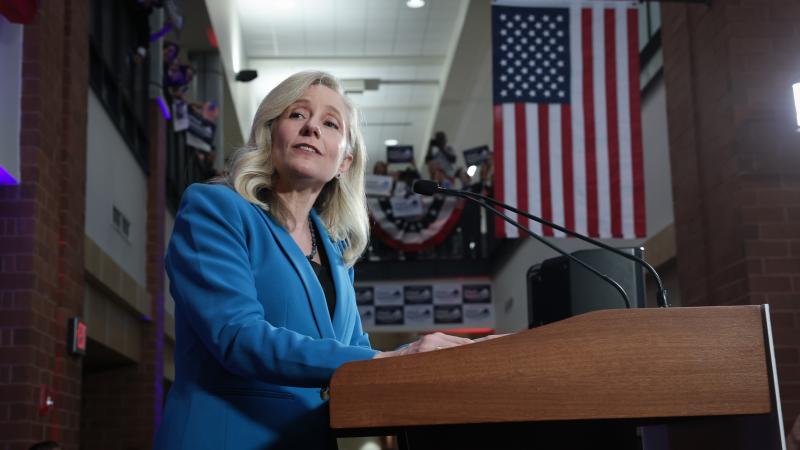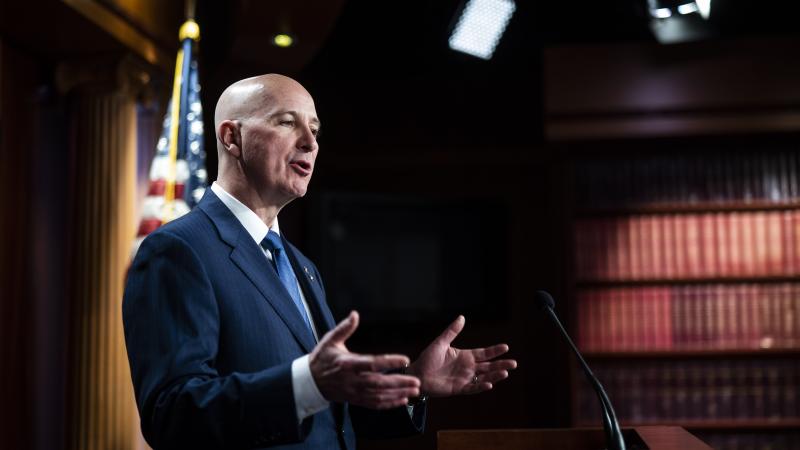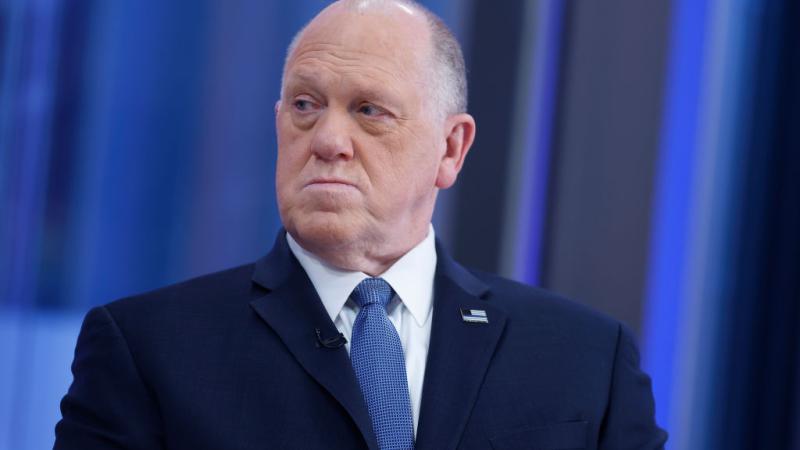Chris Christie 'Bridgegate' case may help Trump in Bragg indictment, Trump lawyer says
The exact charges remain unspecified, though legal experts have suggested that the case will likely involve Trump's listing of funds he paid to Michael Cohen as legal expenses and frame that as an attempt to evade campaign finance laws.
Former President Donald Trump's personal attorney, Timothy Parlatore, believes that a prior Supreme Court case involving former Republican New Jersey Gov. Chris Christie may provide legal precedent favorable to Trump, who is facing an indictment as part of Manhattan District Attorney Alvin Bragg's investigation of a 2016 payment to Stormy Daniels.
Trump is expected to face arraignment on Tuesday. Reports emerged Thursday that the grand jury had voted to indict the former president, marking the first such occurrence in U.S. history.
The exact charges remain unspecified, though legal experts have suggested that the case will likely involve Trump's listing of funds he paid to Michael Cohen as legal expenses and frame that as an attempt to evade campaign finance laws. The allegedly falsified business record would carry a misdemeanor charge with a two-year statute of limitation that has passed.
That charge rises to a felony should Bragg show that that falsified record hid an underlying crime. However, that charge's statute of limitation has passed as well. In order to move forward on such a charge, Bragg will need to allege that those combined acts constituted a conspiracy to defraud.
Parlatore suggested during an appearance on the "Just the News, No Noise" television show that intent to defraud would be a sticking point for the Bragg case, noting "the falsification of business records must be with an intent to defraud."
"A lot of people think intent to defraud that just means intent to deceive," he said. "So if you have a hush money payment, the write in as if it's an attorney fee, that's an intent to deceive. But an intent to defraud is required to have the additional element of to try to deprive somebody of money or property. And that's certainly not present here, whatsoever."
"If you falsify the records to try and get somebody to pay you extra money that you're not otherwise entitled to, that's intent to defraud," he continued. "If you're just trying to hide what the source of the money is, or what the purpose of the money is, and even if you're trying to conceal a campaign donation, that wouldn't fit into... the definition of an intent to defraud."
"And so that's the kind of thing that I would expect that the judge would look at very early on and dismiss on those points," Parlatore said.
The Trump attorney went on to reference the Chris Christie "Bridgegate" case in which the Supreme Court in 2020 ruled that a political scheme to close lanes on a major bridge did not deprive victims of money or property.
"But, you know, it's certainly the Bridgegate case, where Chris Christie ordered the lane shut down and they charged them with an intent to defraud," Parlatore continued. "But the thing is, by just you know, when you have an intent to cause a traffic jam, and your political rival's town, that's not an intent to deprive anybody of money or property. And so that's why the Supreme Court reversed that case. And it's the same throughout."
Trump paid Cohen with his own money after his then-lawyer had paid Daniels. Bragg therefore would need to assert that someone was deprived of money or property in the effort in order to make the case.
Ben Whedon is an editor and reporter for Just the News. Follow him on Twitter.












